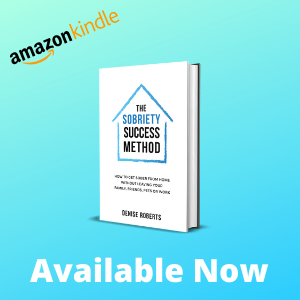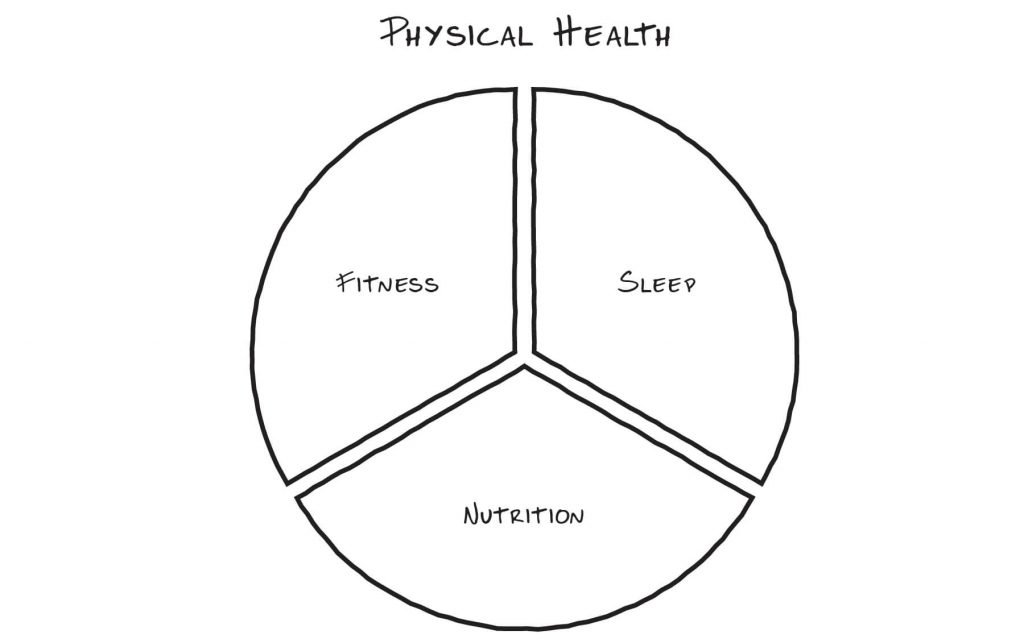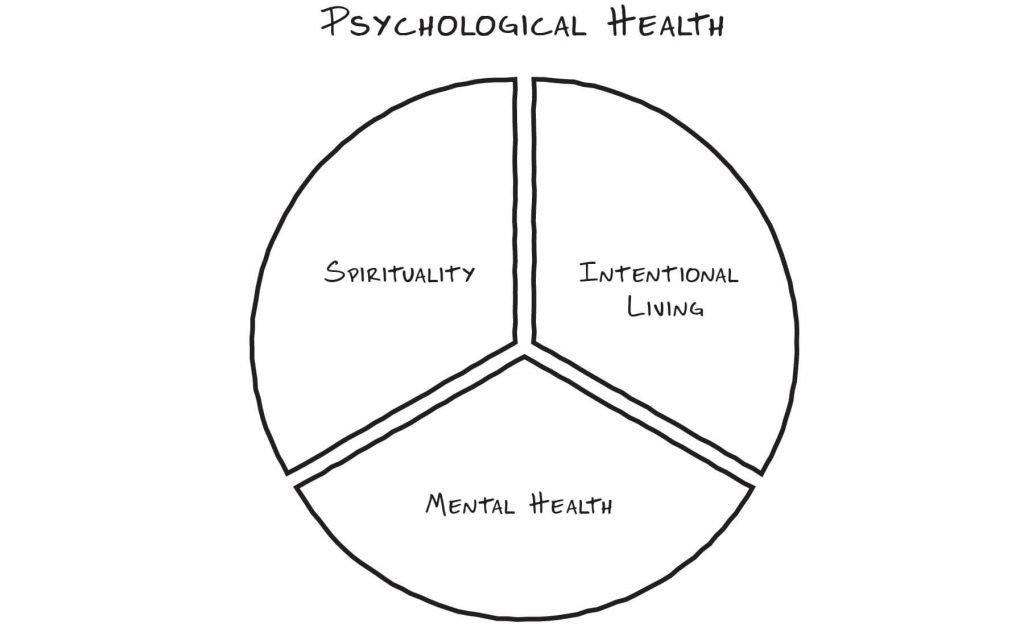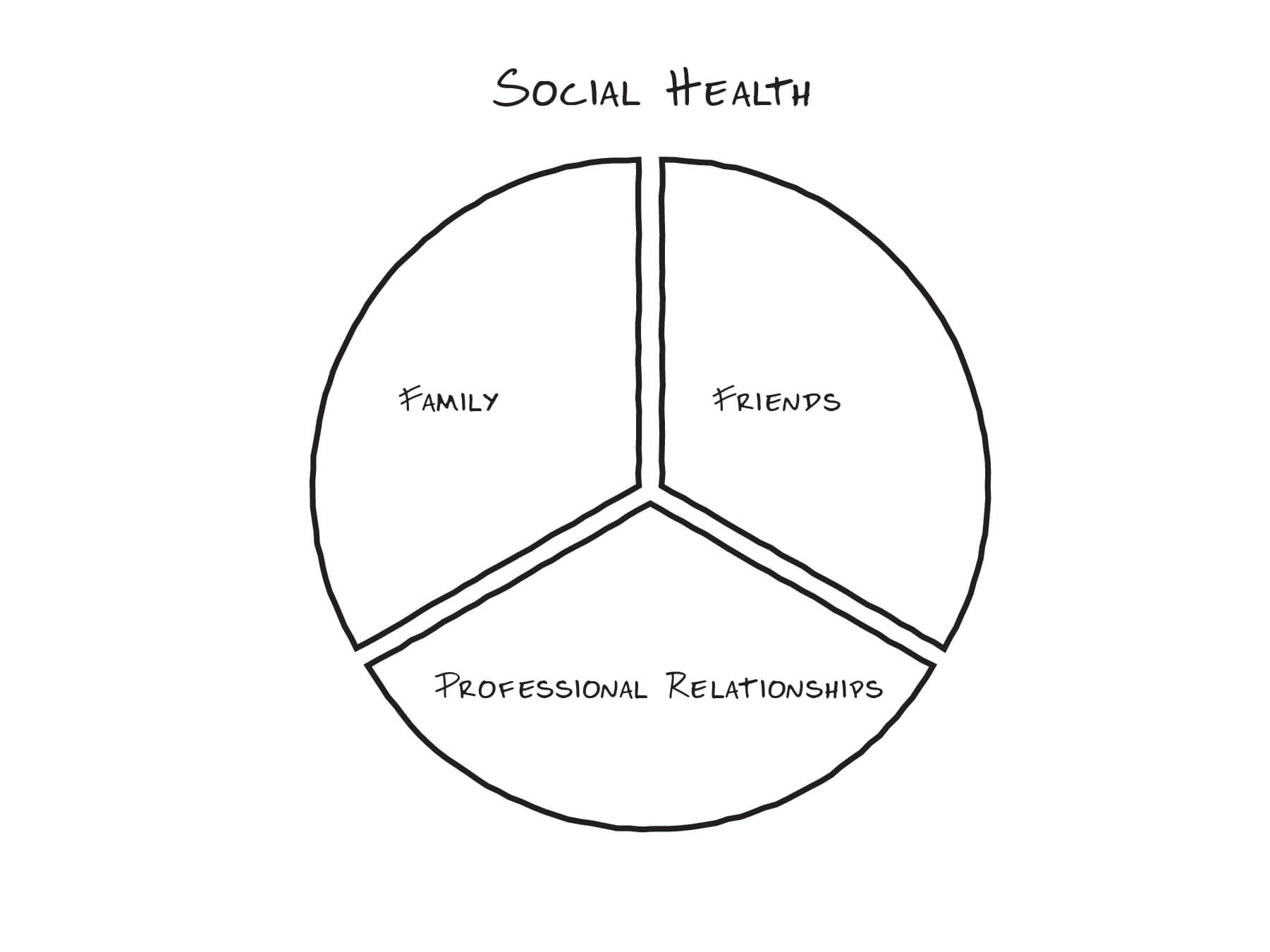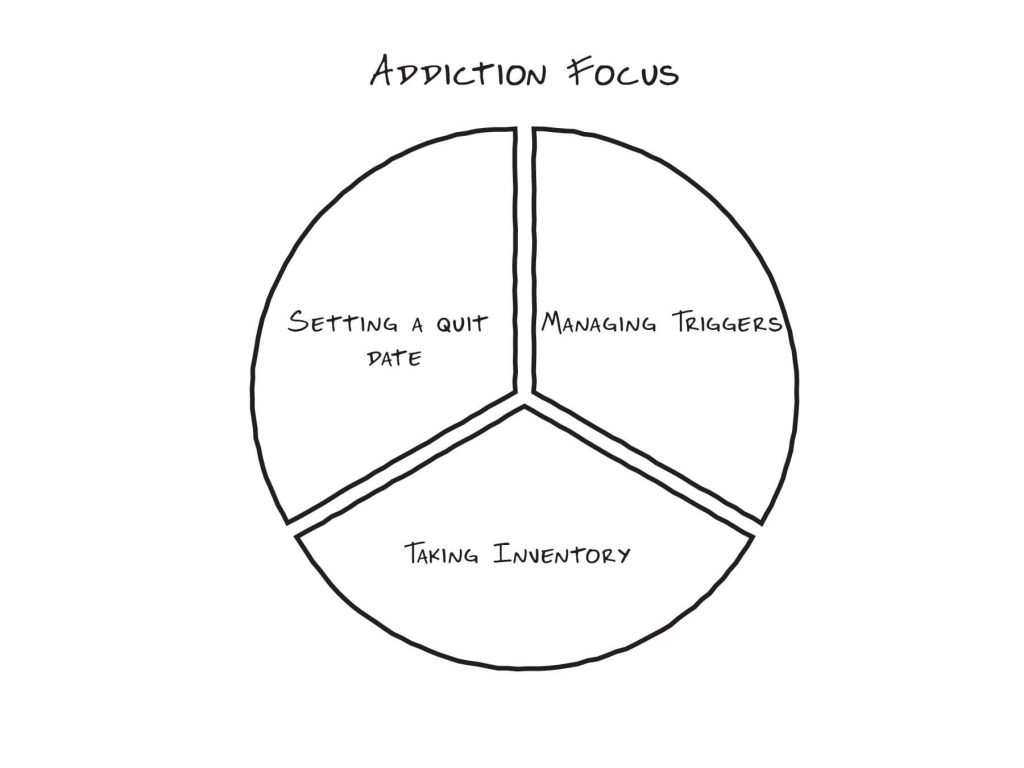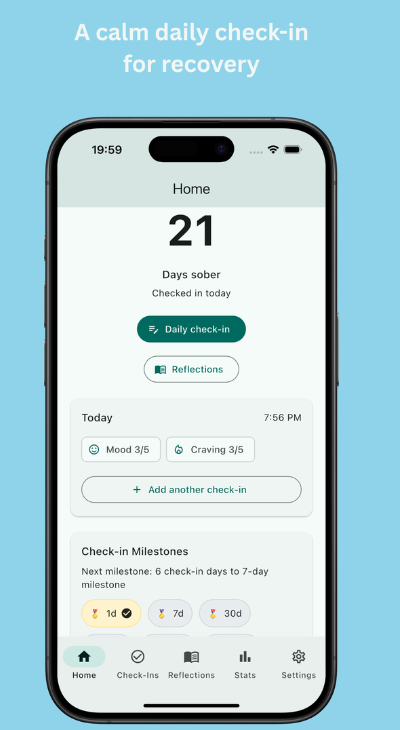When people struggle with an addiction, the first thing they are likely to notice is how their mental health suffers. A lot of people develop mental health disorders in addition to their addiction either during their use or after they detox while others may have been already struggling with their mental health prior to their addiction. Either way, those who struggle with co-occurring substance abuse problems, or have a dual diagnosis, need to know how important it is to take care of their mental health to achieve a strong recovery.
Co-Occurring Disorder or Dual Diagnosis
Guest editor for the Journal of Dual Diagnosis, Dr. Francisca Filbey, showed how numerous peer reviewed studies indicated correlations between cannabis and alcohol use and conduct disorders and strong evidence that shows cannabis use increases psychosis risk.
According to the National Institute on Drug Abuse, there is a strong link between substance use disorders and anxiety disorders which includes generalized anxiety disorder, panic disorder and post-traumatic stress disorder. The National Institute on Drug Abuse also stated that substance use disorders also co-occur at high prevalence with mental disorders, such as depression and bipolar disorder, hyperactivity disorder (ADHD), psychotic illness, borderline personality disorder, and antisocial personality disorder.
So whether or not you struggle with mental health conditions or mental illness such as Anxiety, Compulsive Disorder, Depression, Bipolar Disorder, Post-Traumatic Stress Disorder, or at risk of psychosis due to your substance use, this information will help with the recovery process. Some people who have symptoms of substance use disorder are unsure if they need professional mental health care so we’ll go over the 30 day test and then we will walk you through on how to find a mental health professional if you need one.
What Exactly Is the Relationship Between Addiction and Mental Illness?
There’s this thing in the addiction treatment community called the chicken or the egg theory. We talk about this when we talk about co-occurring disorder or dual diagnosis. A co-occuring disorder or dual diagnosis is when someone is diagnosed with a mental health disorder as well as a substance use disorder. The reason we call it the chicken or the egg theory is because we don’t always know.
What comes first: Substance abuse or the mental health problem?
Did you start using drugs or alcohol to escape from something or to band-aid a mental disorder in childhood, teen years or early adulthood such as depression or anxiety? Or did using drugs or alcohol cause you to struggle with mental health struggles which is a common issue.
Sometimes you just don’t know and that’s okay too, especially if you started at a very young age. For example, a 12 year old may not know that smoking weed helps them feel calmer because they have ADHD. But for this, try and think back to when you first started doing drugs or drinking alcohol. What was going on in your mind during that point in your life? Were you previously struggling with anxiety, depression, etc? If not, you likely just started experimenting for the sake of experimenting and that’s completely normal too. Lots of kids, teens and adults do that. However, if something was going on, think back to how you felt once you started drinking or doing drugs. Did you start to feel better? If that’s the case then you likely had a mental health struggle prior to your drug addiction or alcohol abuse and your mental health struggle was the likely cause of you wanting to keep going back and using. It makes sense right? Consciously or subconsciously using drugs or alcohol helps you feel better and who doesn’t want to feel better?
However, if nothing was going on prior but you started to experience mental health struggles after your drug and alcohol use it’s possible that the drugs or alcohol brought them on. That is common as well. It is important to think back and recognize this because if you’re in the latter – the part where your drug and alcohol use caused you to struggle mentally then there’s a good chance that by just stopping using your mental health struggles will start to dissipate. That’s not alway the case for everyone but it’s something you can try for. But if you had mental struggles prior to using drugs or alcohol then it’s unlikely that stopping drugs or alcohol will help. In fact, if you don’t get effective treatment for your mental health it’ll likely turn into this vicious cycle. You’ll stop using but by doing so you’ll struggle with whatever is going on that you’ve been putting a bandaid on for so long and oftentimes those struggles are so unbearable that they cause a relapse. For example, if you struggled with anxiety and quitting drinking gives you more anxiety you’ll be almost forced to continue to drink until you get mental health treatment for your anxiety.
Why Mental Health Disorders Coexist With Substance Use
If you are already struggling with a mental health condition or have a mental health diagnosis then it’s important that you treat that at the same time as your addiction.. You’re going to need possible treatment with the help of a mental health professional.
According to an article on mentalhealth.gov studies have shown that more than one in four adults, 25 percent, living with serious mental health problems also have a substance use problem.
Here’s Why Dual Diagnosis Treatment is Important
You can go into treatment and recovery from a substance use disorder by simply not drinking or taking any mind altering substances. That’s great if that happens and for some, that’s all that’s needed to live a productive healthy life. But for others, there’s much more to it than that.
If you have a diagnosis of a mental disorder and you leave it untreated, you are putting your sobriety at risk of substance misuse relapse every day. If you are sober but still feel like shit whether you’re dealing with a symptom of a mood disorder, depression, anxiety, ADHD, psychotic disorder whatever it is, stopping the use of drugs and alcohol will not stop those symptoms too unless your mental health struggles were caused by your substance use and abuse, like we talked about earlier.
But if you think that you can just ignore your mental health and not using drugs or alcohol will be the answer, the chances are very slim that you’ll obtain a life of sobriety or sustained recovery. So please, really think this through and if you want a life that is free, enjoyable and productive then you must treat your addiction and mental health at the same time.
But now, after talking about all of this, what if you’re still unsure? You really truly don’t know what’s going on with your mental health and whether or not this is a symptom of your substance use or abuse. Let’s talk now about the 30 day test.
Unsure if you have a Co-occurring Disorder? Take the 30 day test.
Oftentimes, in the beginning of sobriety, people go through the honeymoon phase. This means that patients after detox they feel quite well, ambitious, and energetic. But then once real life starts to set back in, a symptom may start to appear, triggers or post acute withdrawal syndrome starts and may begin to come on super strong. This is one of the main reasons for relapse. But if you’re armed with the knowledge of what to expect you can prevent this.
So, the 30 day test is this. If you stop your behavior or substance use for 30 days and you don’t have any major mental health struggles other than withdrawal symptoms then you’re likely okay to just keep on doing what you’re doing and continuing to take care of your mental health by doing things from home like engaging in self-care, talking to friends and family about your feelings, journaling, or meditation. . However, if after 30 days of abstaining from your addiction you still have mental health struggles or any symptom of anxiety, depression, thoughts of suicide, and so on then it’s important that you make an appointment with a mental health professional.
Mental health symptoms will not go away on their own. It’s not worth the risk for substance use relapse and you’ll find yourself going through this vicious cycle over and over again until you treat the root cause and that is why you’ll need to talk to a health care provider. they may give you a diagnosis or go over your options for care. You need to take action and take charge so that you can also obtain a life free from your addiction.
How to find a mental health professional in your area and what to expect.
So now that we’ve talked about how important it is to tackle your mental health treatment at the same time as your addiction let’s talk about how to go about finding a mental health professional to get a possible diagnosis.
There are many ways you can talk to a professional. The first thing you’ll want to do is decide what kind of professional you need.
Some people start with counseling. Counseling is a good way to get professional help if you’re struggling with things that are currently going on. Let’s say you’re dealing with the death of a loved one, having a hard time being a parent, or maybe you are having problems in your marriage. A counselor is there to counsel, to give professional advice.
Some of you may prefer a therapist. A therapist will provide you with therapy. There are different types of therapy that therapists can offer but in the grand scheme of things, a therapist will be able to treat psychological problems through therapy. So for example, if you are dealing with past trauma, severe anxiety, depression, etc. you may need therapy. Therapists do not prescribe medication, they are skilled in a specific niche such as psychotherapy, cognitive behavioral therapy, family therapy, etc. You just need to do some research to find out what type of therapy may be best for you.
Then there are psychiatrists. Psychiatrists treat a psychiatric disorder through the use of prescription medication. . In order for a psychiatrist to prescribe medication though, their patients need to have a diagnosed psychiatric disorder and just because the medication isn’t an illegal drug, there is still a strong risk factor associated with addiction. With that being said, medication management may also be needed specifically if you are diagnosed with Opioid Use Disorder.
If you’re unsure about what you need, many behavioral health centers offer what is called a mental health intake. A mental health intake is done by a mental health professional and it’s where you go in and sit down with someone for an hour or two and they’ll ask you questions and then give their professional advice on what they think you may need for a diagnosis.
Now, once you decide what kind of mental health support you need, you’ll need to figure out how to find a professional and what is covered. If you are located in the United States you’ll want to contact your insurance company to see what’s available. Most insurance companies do provide some sort of mental health care but it may depend on your diagnosis if you have one. If you’re outside of the United States you’ll want to see what’s covered by your country’s health care or your private insurance plan.
Once you know what’s covered you can usually ask your insurance company to provide you with some referrals and then start making calls. When you make the calls be sure to ask about any hidden fees or copays and make sure it’s what you can afford or what’s within your budget.
You’ll know a lot about a place by how they handle their front office and your initial contact with them. If you call and get a rude receptionist that’s a big red flag because it doesn’t matter how good the therapist or counselor is, if you can’t ever get through to them or have to deal with unprofessional office staff then that would just add more stress than what it’s worth. It’s also recommended that you read reviews online from other patients who have had a similar diagnosis or mental illness.
Be picky about who you choose. If you go to a few appointments and it’s just not working don’t feel bad about terminating your care to find someone else. You have to do what’s best for you and trust me on this, you will eventually find what’s best for you. But whatever you do, don’t give up on this. Keep working at it until you get the results you deserve.
Taking care of your mental health (self-care, etc.)
Taking care of your mental health should always be a priority for everyone. You should think of this on the same lines of how taking care of your physical health is important.
So there are things you can do proactively and in your everyday life to make sure your mental health is where it needs to be.
You’ve likely heard about self care and how important it is for every person on this planet but what is self-care and how does that help your mental health?
Self-care looks different for everyone and what you do depends on what your mind, body and soul need in certain situations or periods in your life. A solid self care plan has been shown to reduce anxiety, depression and can lift your overall mood and ability to cope with day to day situations.
So you need to start thinking about what you can do for self care and this should be something you incorporate into your daily routine. For some of you it may be simple like taking time every night to read a book or take a bubble bath. Some of you may find yoga or meditation to be what you need. Your plan should be something that works and something you genuinely enjoy, not something you do every day just to tick a box. If you hate yoga but love to swim then swim. Some people make it super simple like take time to watch funny movies while others may need massages, manicures or facials to really take care of themselves. Remember, this can be tailored to your personal situation, your budget and what you genuinely enjoy. Don’t skip the self-care. It’s important and you deserve it.
Questions about Addiction treatment?
If you are dealing with a co-occurring mental health disorder or dual diagnosis you can learn how to treat your addiction at the same time. At Live Rehab, we know not everyone has the opportunity to enter a treatment center and that is why we created a platform with addiction courses that you can take on your own time, creating your own road to recovery. Treatment for addiction should be tailored to your specific needs. If you struggle with mental illness and already have a health care provider then it’s important to continue with your treatment provider as well as a treatment program for your addiction to get holistic proper treatment. Our program is not meant to replace mental health care but a resource you can use in addition to the professional care you are receiving to strengthen your road to recovery through an ongoing process. Our program consists of over 20 online addiction courses, 4 hours of recovery meditations, monthly masterminds, Q&A, outside referrals by use of a searchable database and we help anyone with any addiction including substance and alcohol addiction and behavioral addictions.
